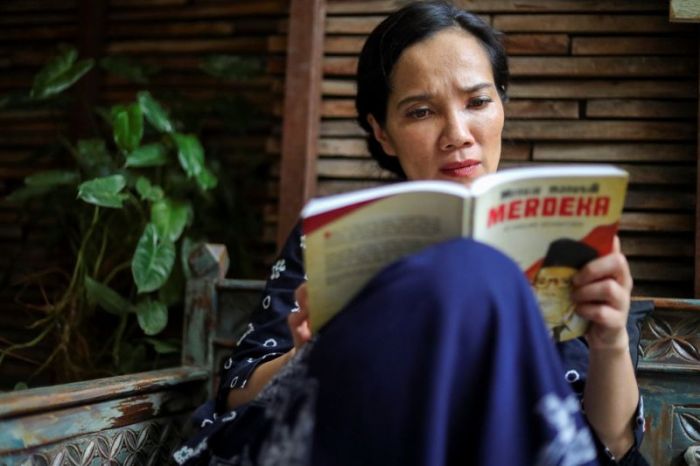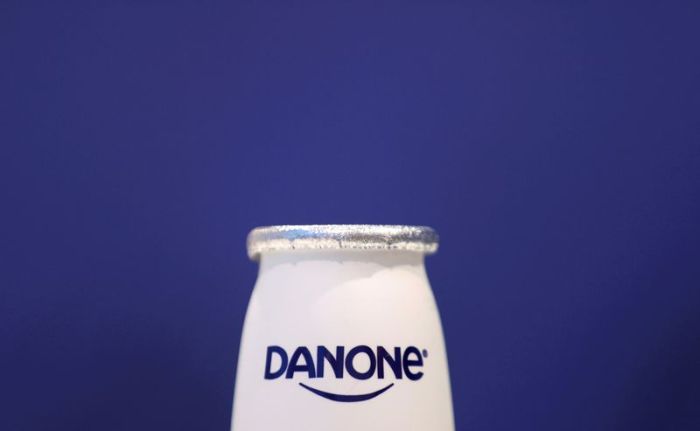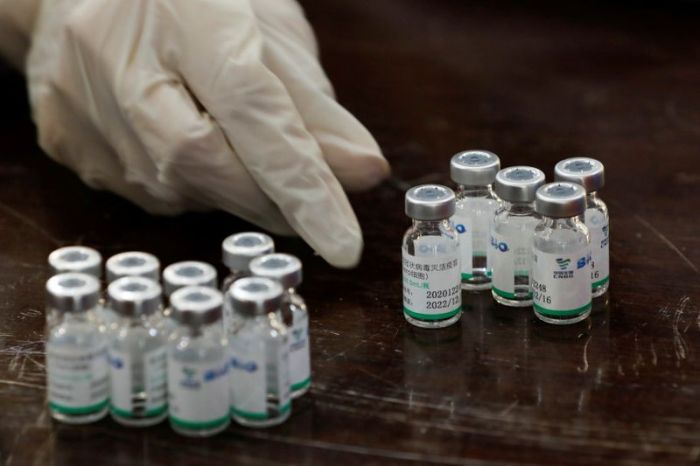GENEVA (Reuters) – The World Health Organization (WHO) said on Wednesday that it considers that the benefits of the AstraZeneca COVID-19 vaccine outweigh its risks and recommends that vaccinations continue.
The WHO listed AstraZeneca and Oxford University’s vaccine for emergency use last month, widening access to the relatively inexpensive shot in the developing world.
More than a dozen European countries have suspended use of the vaccine this week amid concerns.
The European Medicines Agency (EMA), which will release its findings on Thursday, has said it was investigating reports of 30 cases of unusual blood disorders out of 5 million recipients of the AstraZeneca vaccine. In total, 45 million COVID shots have been delivered across the region.
The WHO said its Global Advisory Committee on Vaccine Safety is carefully assessing the latest available safety data for the AstraZeneca vaccine.
“Once that review is completed, WHO will immediately communicate the findings to the public,” WHO said in its statement a day after its experts met.
“At this time, WHO considers that the benefits of the AstraZeneca vaccine outweigh its risks and recommends that vaccinations continue,” it added.
Mike Ryan, WHO’s top emergency expert, told a social media event: “We would advise people to keep taking the vaccines. Right now this virus has a much bigger chance of doing you a lot of harm than the very, very potentially tiny risks associated with this vaccine.”
Ryan, referring to the AstraZeneca shot, said: “I think we need to be very careful that we don’t end up over-reacting and damaging the product in people’s mind until we are absolutely sure that there actually is a problem. Right now, that is not certain. Let’s wait for the data to be looked at before we make any conclusions.”
Kate O’Brien, director of WHO’s department of immunization, said that its panel was assessing whether adverse events such as blood clots were actually related to vaccination.
“We should not over-interpret these specific numbers that come out of trials. They are highly effective vaccines, they are life-saving vaccines, they are safe vaccines and we should get on with deploying them,” O’Brien told a news conference.
(Reporting Stephanie Nebehay in Geneva; Editing by Michael Shields and Nick Macfie)


























